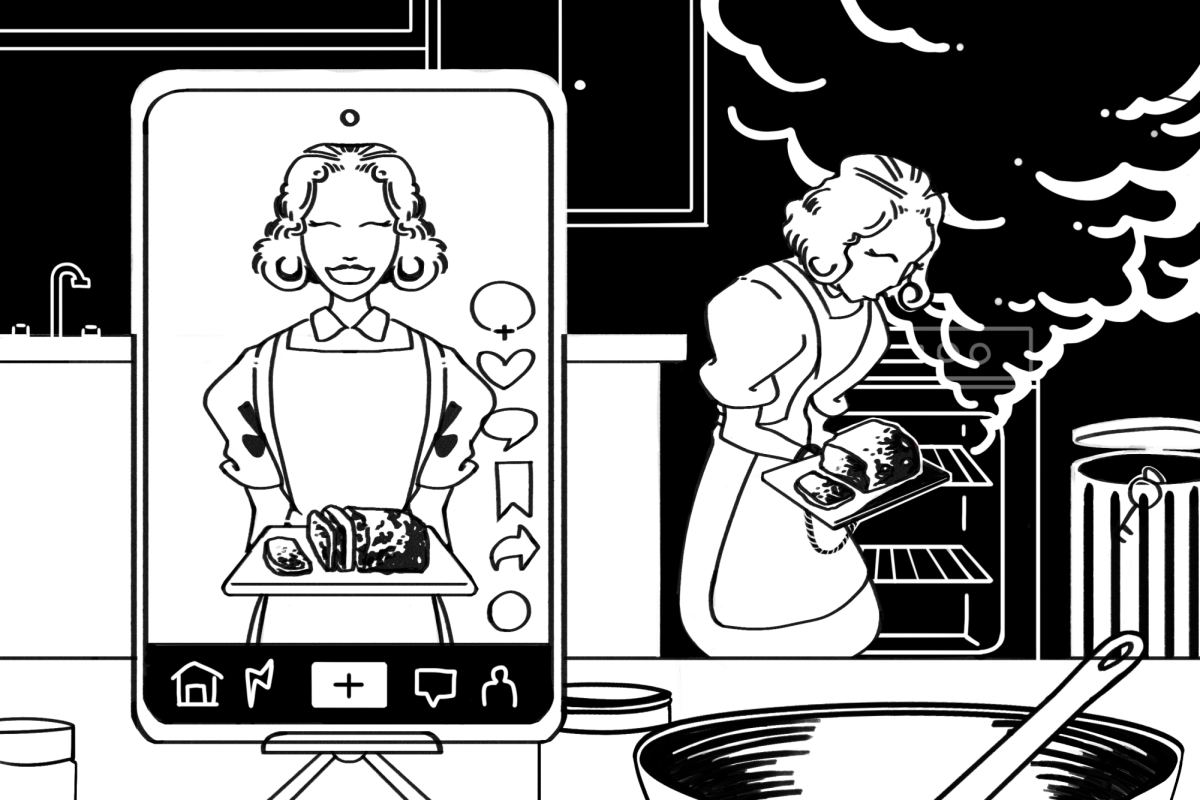Netflix released the 10-part miniseries “DAHMER – Monster: The Jeffrey Dahmer Story,” created by Ryan Murphy and Ian Brennan, on Sept. 21. The show depicts Dahmer’s gruesome killing spree, starting from his early childhood to his final days in jail. Dahmer murdered 17 people, all men of color, between the years 1978 to 1991.
The documentary shows Dahmer’s crimes from his perspective, chronicling his actions leading up to each crime. Murphy pushed to have the documentary emphasize the victims’ stories rather than just their death, but fails to convey this in the final product, as the scenes with each victim are more focused on the gruesome nature of their deaths.
The new release garnered much controversy due to the fact that Netflix never contacted the victims’ families about the show, forcing them to revisit past trauma and demonstrating a lack of respect for the victim’s families.
Rita Isbell, the sister of Dahmer victim Errol Lindsey, is portrayed in episode eight giving a victim statement in court. The scene exactly mimics Isbell’s emotional outburst where she releases all her pent-up emotions and charges at Dahmer in court.
“When I saw some of the show, it bothered me, especially when I saw myself — when I saw my name come across the screen and this lady saying verbatim exactly what I said,” Isbell wrote in an essay to Insider. “That’s why it felt like reliving it all over again. It brought back all the emotions I was feeling back then.”
Turning trauma into entertainment, Netflix made no attempt to consult the family regarding the contents of the documentary, let alone the creation of it.
Isbell mentions how Netflix profits from making a spectacle of their trauma, which they don’t get compensation for. “I could even understand it if they gave some of the money to the victims’ children… If the show benefited them in some way, it wouldn’t feel so harsh and careless. It’s sad that they’re just making money off of this tragedy. That’s just greed.”
Dahmer’s victims were people of color, leading to his crimes being overlooked, whereas the severity of his crimes would likely be very different if his victims were white. The police ignored people of color, such as Glenda Cleveland, who reported Dahmer to the authorities but was disregarded every time she raised a suspicion.
“She even tried calling the FBI, but got nowhere. Five of Dahmer’s 17 murders, including Konerak, came after Cleveland tried to alert police,” Milwaukee Journal Sentinel reports in Cleveland’s obituary.
The release of the documentary upset many others, including members of the queer community when it was initially added under the LGBTQ section on Netflix. The tag associates being queer with perversion, reinforcing the predator stereotype that demonizes queer people.
Netflix quietly removed the tag without apology or acknowledgment of their harmful actions, in an attempt to hide their mistakes. To right this wrong, Netflix still has a chance to reach out to the victims’ families to provide recognition and compensation for this documentary.
The damage the documentary caused is not only limited to the dramatized content but Netflix capitalizing off of a serial killer’s horrific crimes at the expense of marginalized communities. As the audience, people must stop romanticizing serial killers and make sure that they hold streaming giants like Netflix accountable for their wrongs.





























































